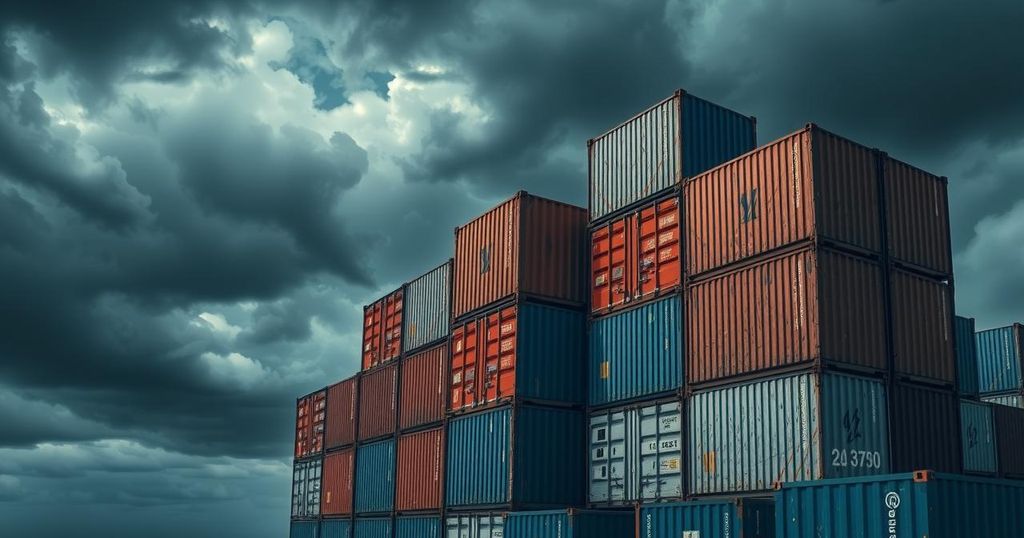Trump’s Trade War with China: Is America Facing Economic Pain?

President Trump confidently approaches the trade war with China, believing America can win through tariffs. Skepticism exists about the impact of these measures, as experts highlight potential economic fallout. Amidst this, global issues such as the resurgence of cluster bombs and intensified military actions against jihadists emerge, complicating the already tense geopolitical landscape.
In an ongoing and volatile trade war, President Donald Trump continues to adjust his approach towards China, firmly believing that America should emerge victoriously. His rationale stems from a long-held conviction that prior administrations failed to confront China, allowing the theft of American jobs and industries driven by greed and incorrect assumptions. Trump insists that the imposition of tariffs will eventually correct trade imbalances, despite a measured view from his aides regarding the retaliatory tariffs that China has placed on American goods.
As Mr. Trump fortifies his stance, some analysts are expressing skepticism about the potential for a favorable outcome. Treasury Secretary Scott Bessent has voiced an optimistic expectation that China will yield under pressure, noting the significant trade disparity: “I believe it’s up to China to de-escalate because they sell five times more to us than we sell to them.” Nevertheless, this assertion overlooks the complexities of international trade dynamics and the potential for adverse effects on the U.S. economy.
Moreover, amid these trade tensions, other pressing global issues demand attention. There are growing concerns about a resurgence of cluster bombs, previously banned, which some countries appear willing to embrace to counter threats like Russia. In addition, the regional approach to border security in Eastern Europe is evolving as nations may resort to installing landmines, a contentious topic reflecting the balance between safety and adherence to international norms.
Lastly, the U.S. military’s ramped-up operations against jihadist groups have stirred discussions reminiscent of the post-9/11 landscape. As airstrikes intensify, a question lingers: have we circled back to a time of heightened conflict? The geopolitical climate remains as unpredictable as ever, adding layers of complication to the already intricate trade fray with China.
In summary, President Trump’s optimism about winning the trade war with China rests on shaky ground, as many experts warn of potential economic repercussions. While the administration anticipates that China will concede due to trade imbalances, the situation is more nuanced than black-and-white. The interplay between trade policies, international relations, and security measures is becoming increasingly complicated, demanding careful navigation.
Original Source: www.economist.com







